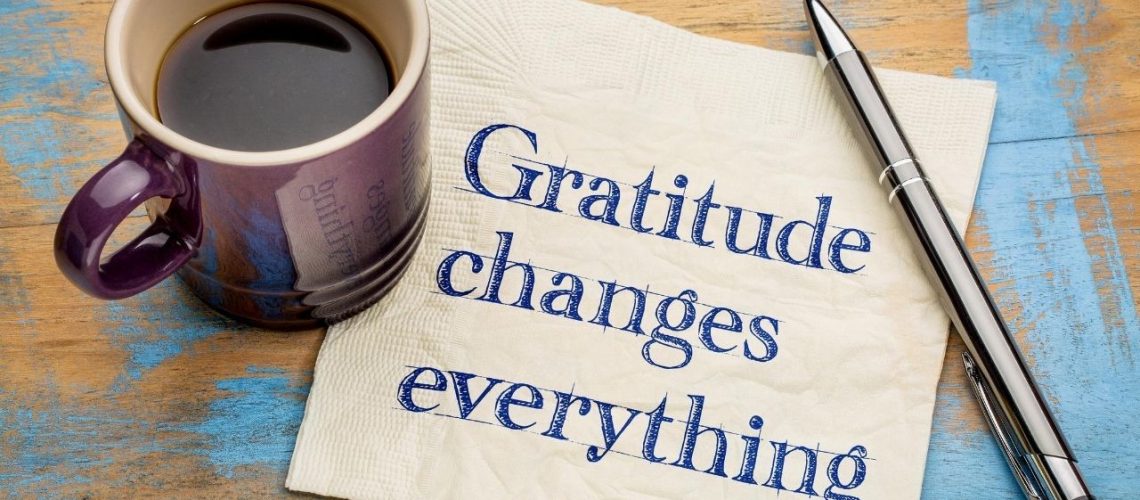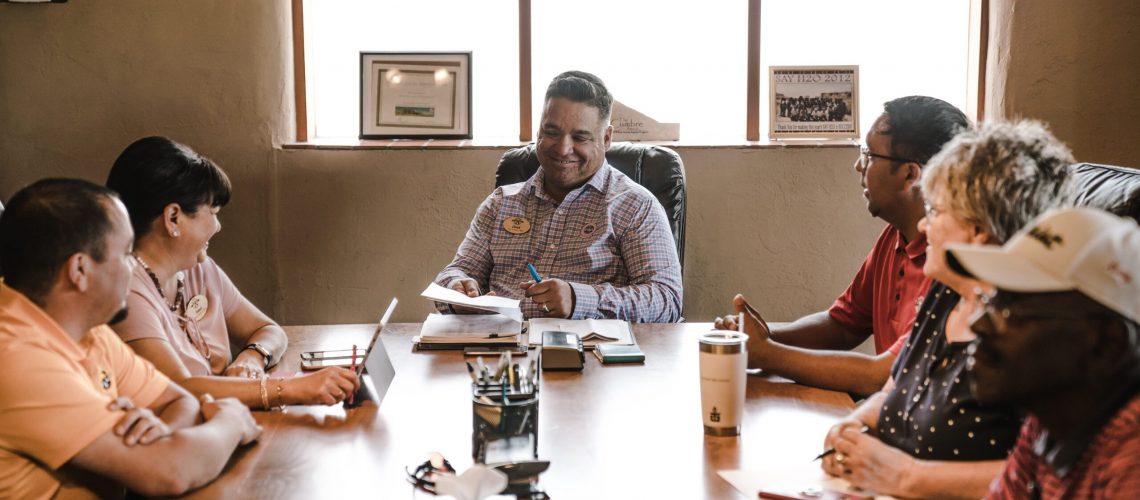We’ve all experienced some combination from the leadership grab bag: the dictator, the credit-taker, the best friend, the doormat, and, everyone’s favorite — the micromanager. It’s easy to list all the types of poor leadership in the workplace, but what makes a good leader?
Leadership is most effective when it’s rooted in gratitude.
The Servant-Leadership Model
The servant-leadership philosophy is difficult to carry out every day, but it’s a proven approach to successful team management, and one I subscribe to myself. As a leader, it’s critical to demonstrate gratitude if you want to see growth and positive development within your team. You have to cultivate a habit of asking yourself, “What can I do for my team today?” — not the other way around. It’s about showing people they are appreciated not only for their work contributions, but also as unique individuals.
“The servant-leader is servant first … Then conscious choice brings one to aspire to lead. That person is sharply different from one who is leader first, perhaps because of the need to assuage an unusual power drive …”
Robert K. Greenleaf, “Servant as Leader”
The true test, as Greenleaf writes, is whether you are leading by example. Do you see more gratitude expressed by your team members to others? Are they putting new ideas into their work? Are they more self-motivated?
Easier Said Than Done
It’s easy to display gratitude in calm waters. When everything’s going great, it’s fun to show your appreciation to the folks who are getting the work done. But when things are tough — deadlines are piling up, demands on your time are pushing your limits, home life is stressful — it’s challenging to stay in a state of gratitude.
But leading with gratitude doesn’t always mean leaving a thank-you note on a desk or bringing in breakfast for the team on Friday morning. It also means having high standards and being straightforward and honest with the people who are executing your vision, and hopefully, taking it even further.
Nurturing Compassion
We often get caught up in business cultures that have a top-down mentality. But a culture of inclusiveness, transparency, and compassion makes people feel valued. The late Herb Kelleher, legendary founder of Southwest Airlines, once said that “a company is stronger if it is bound by love rather than by fear.” Today, his legacy is that the once-tiny Texas startup is now the largest U.S. domestic carrier in terms of annual revenue.
“A company is stronger if it is bound by love rather than by fear.”
Herb Kelleher, Founder, Southwest Airlines
Raising the bar shows you care, and drives people to excel. Employees who feel valued and driven to excel move the needle for the business. At the end of the day, we as leaders work for our organizations — and keeping that front-of-mind is the foundation of becoming a truly effective leader.



